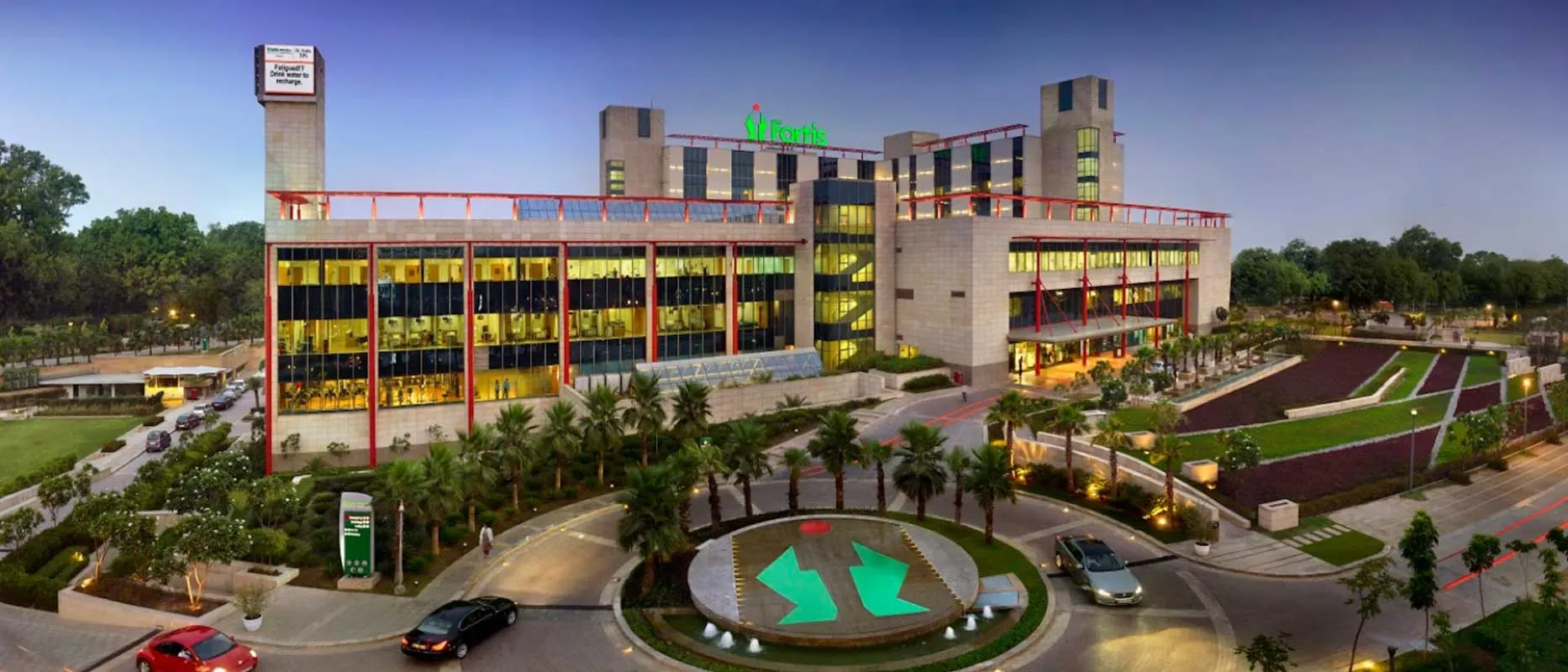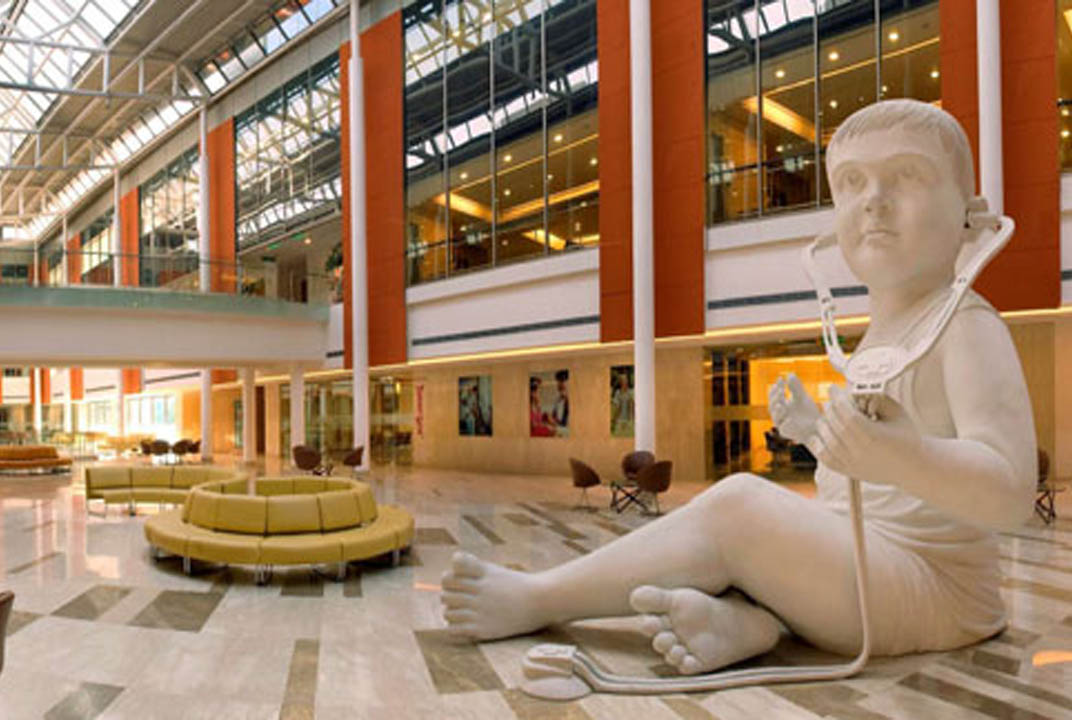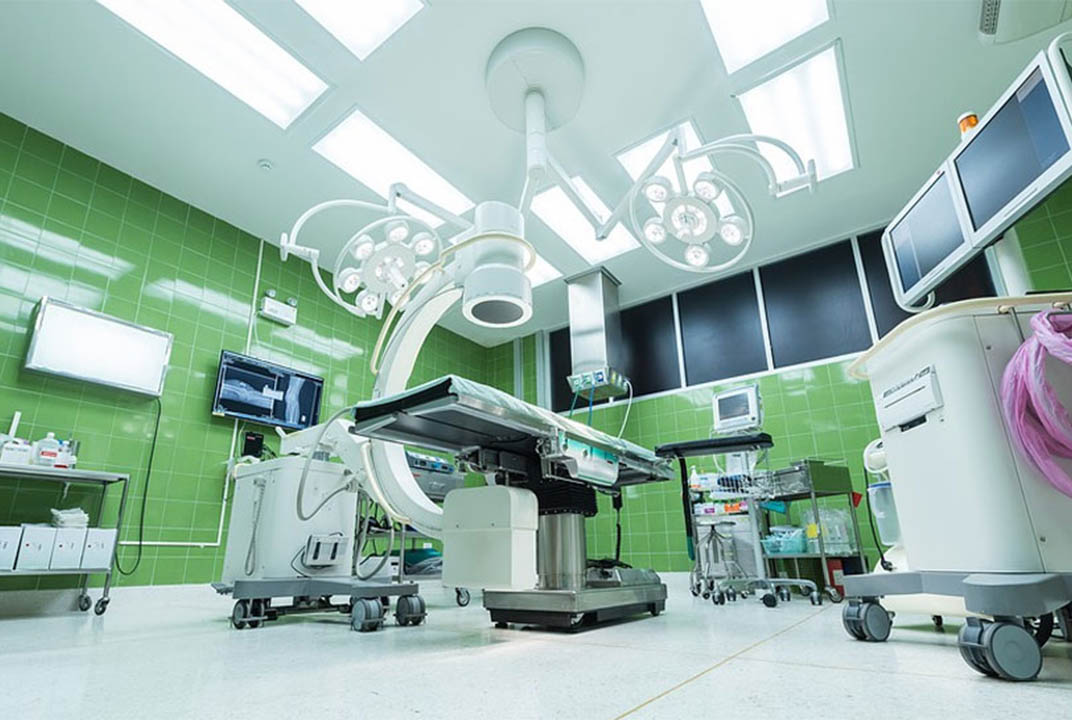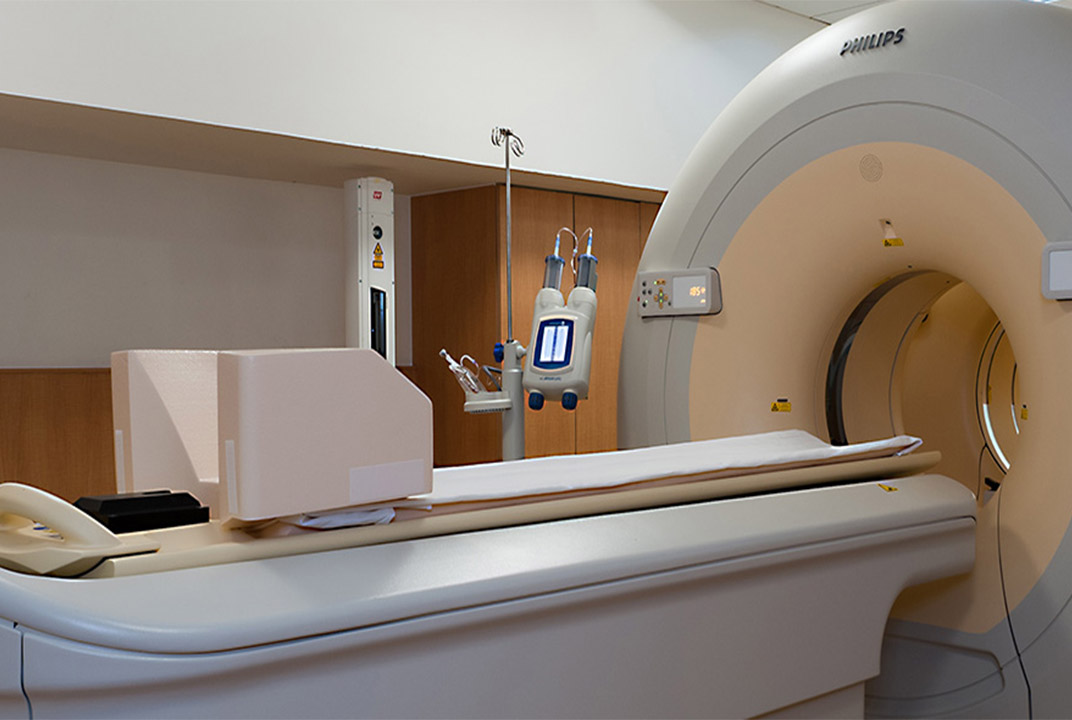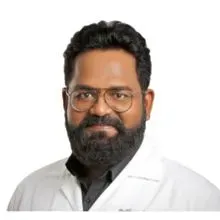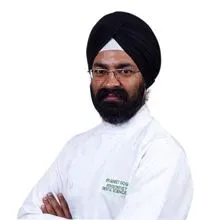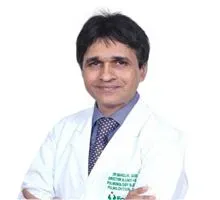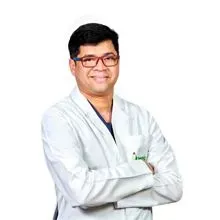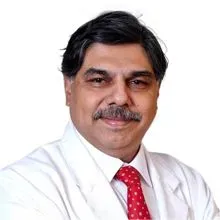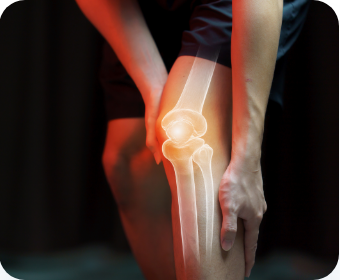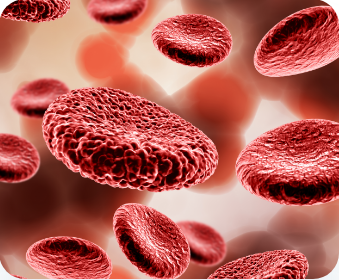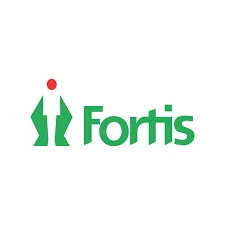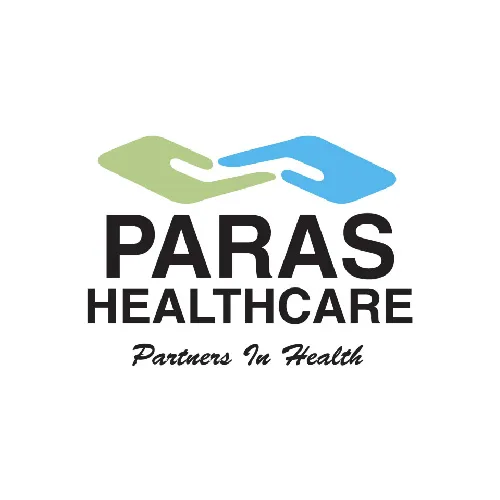Interventional pulmonology: Endoscopy and other technologies are used in interventional pulmonology to diagnose and treat disorders affecting the lungs and chest. Interventional pulmonology operations are commonly carried out by cardiothoracic and other surgeons managing all types of critically ill patients including medical and surgical patients and in different pulmonary interventions which include fibre-optic bronchoscopy.
Medical Thoracoscopy: Medical thoracoscopy (MT) is a minimally invasive ambulatory procedure carried out under local anesthesia or moderate sedation that enables simultaneous placement of an indwelling tunneled pleural catheter, chemical pleurodesis, and direct visualization of biopsy targets.
Neuro-urology: Neurourology focuses on bladder diseases caused by spinal injuries and neurological abnormalities, often known as neurogenic bladder. It is also concerned with illnesses and functional problems of the lower urinary tract and sexual organs following injury or lesion. Surgeries are suggested to be the treatment of these associated diseases
Aortic Aneurysm Surgery: Depending on the location of the ruptured vessel, the surgeon first create a big cut in stomach or chest. The blood vessel is then eliminated and the transplant stitched in its place. This transplant is often a leak-proof polyester tube. The recovery time for open surgical repair is around one month.
Epilepsy: A brain illness called epilepsy is characterized by recurrent seizures. Focused Resection and Lesionectomy are often considered as the surgical treatment for epilepsy.
Head and Neck Cancer: Tumor cells that started to produce in the head or neck consequently lead to grow further and expand to other parts of the body. To prevent this, surgery is done on the patients with neck and head cancers by removing the tumor cells from the targeted areas.
General Surgery: The general surgery department offers a wide array of surgical procedures, ensuring the highest standards of care and safety. Trust the skilled surgeons to provide tailored solutions for your unique needs.
ERCP: Endoscopic retrograde cholangiopancreatography (ERCP) is a treatment which includes the endoscopy of upper gastrointestinal tract and x-ray radiation to treat bile and pancreatic duct disorders. It is usually performed by the gastro-surgeons under highly observed conditions.
Bone Marrow Transplant: A bone marrow transplant is a medical treatment that replaces your bone marrow with healthy cells. The replacement cells can either come from your own body or from a donor.
Cardiac surgeries: Cardiac surgery is the specialty of medicine concerning the surgical treatment of pathologies related to the heart and thoracic aorta.
Colonoscopy: A colonoscopy is a procedure in which a doctor looks inside your rectum and colon with a colonoscope or tube. Colonoscopy can reveal inflamed and swollen tissue, blisters, tumors, and the presence of malignancies.
Dermatology and Cosmetology: Elevate your skin's health and appearance with this hospital's exceptional dermatology and cosmetology services. The skilled specialists offer innovative treatments for a wide range of skin conditions, ensuring a radiant complexion
ECMO: Extracorporeal membrane oxygenation (ECMO) is a sort of mechanical life support that can assist a person whose lungs and heart aren't working properly. ECMO constantly removes blood from your body and routes it through devices that provide oxygen and eliminate carbon dioxide.
Bariatric (Gastric Bypass) Surgery: Bariatric, or weight reduction, surgery includes gastric bypass surgery. During gastric bypass surgery, doctor alters the way stomach and small intestine absorb and digest food. The stomach is separated into two pouches: a tiny top pouch and a much bigger bottom remnant pouch, and the small intestine is altered to link to both.
VAD: A ventricular assist device (VAD) is a device that assists in the pumping of blood from the heart's lower chambers to the rest of the body. It is used to treat a weak heart or heart failure. A VAD may be used to assist the heart while alternative therapies, such as a heart transplant, are being considered.
Robotic Cardiac Surgery: Robotic cardiac surgery involves doing heart surgery through relatively tiny chest incisions. Surgeons can do cardiac surgery that is far less invasive than open heart surgery by using small devices and robot-controlled equipment.
Chronic Kidney Disease: Your kidneys are harmed and unable to filter blood as effectively as they should if you have chronic kidney disease (CKD). Diabetes, high blood pressure, heart disease, and a family history of kidney failure are the primary risk factors for developing renal disease.
Laparoscopic Surgery: Laparoscopy is a surgical procedure that allows a physician to reach the interior of the belly and pelvis without making extensive skin incisions. This treatment involves inserting narrow tubes into the belly through small incisions. Long, slender instruments are introduced via these trochars. These devices are used by the surgeon to manipulate, cut, and suture tissues.











